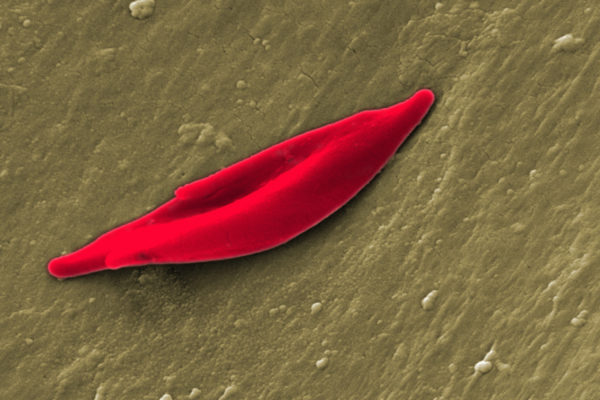
Sickle cell disease (SCD) patients with private insurance spend an exorbitant amount of $1.7 million during their lifetime. These findings were published in the journal Blood Advances.
The economic burden is an important aspect of evaluating the potential value of curative therapies for treating diseases such as SCD. Researchers from the University of British Columbia, Vancouver (Canada) have developed an economic model to assess the lifetime cost on insurers as well as patients undergoing treatment for sickle cell disease.
Between 2007 and 2018, the retrospective study included data from 20,891 SCD patients (mean age, 25.7 years, 58% female) with commercial claims and compared it to 33,588 matched controls without sickle cell disease. The analysis included outpatient and inpatient medical claims, prescription drug claims, health utilization records, payer and individual costs, demographics and insurance plans.
The study found a 907% increase in total medical costs and a 285% increase in out-of-pocket costs compared with controls, respectively. It was found that the total cost of treatment for patients with sickle cell disease was approximately $1.6 million for women and $1.7 million for men, with corresponding out-of-pocket estimates of $42,395 and $45,091.
These findings show the massive economic burden faced by insurers and patients during the treatment of sickle cell disease. Therefore, it is important to keep in mind the economic aspect while evaluating the efficiency of any treatment strategies. Further, new options that can reduce the economic burden on patients and still show the same efficacy of treatment need to be searched upon.
Reference